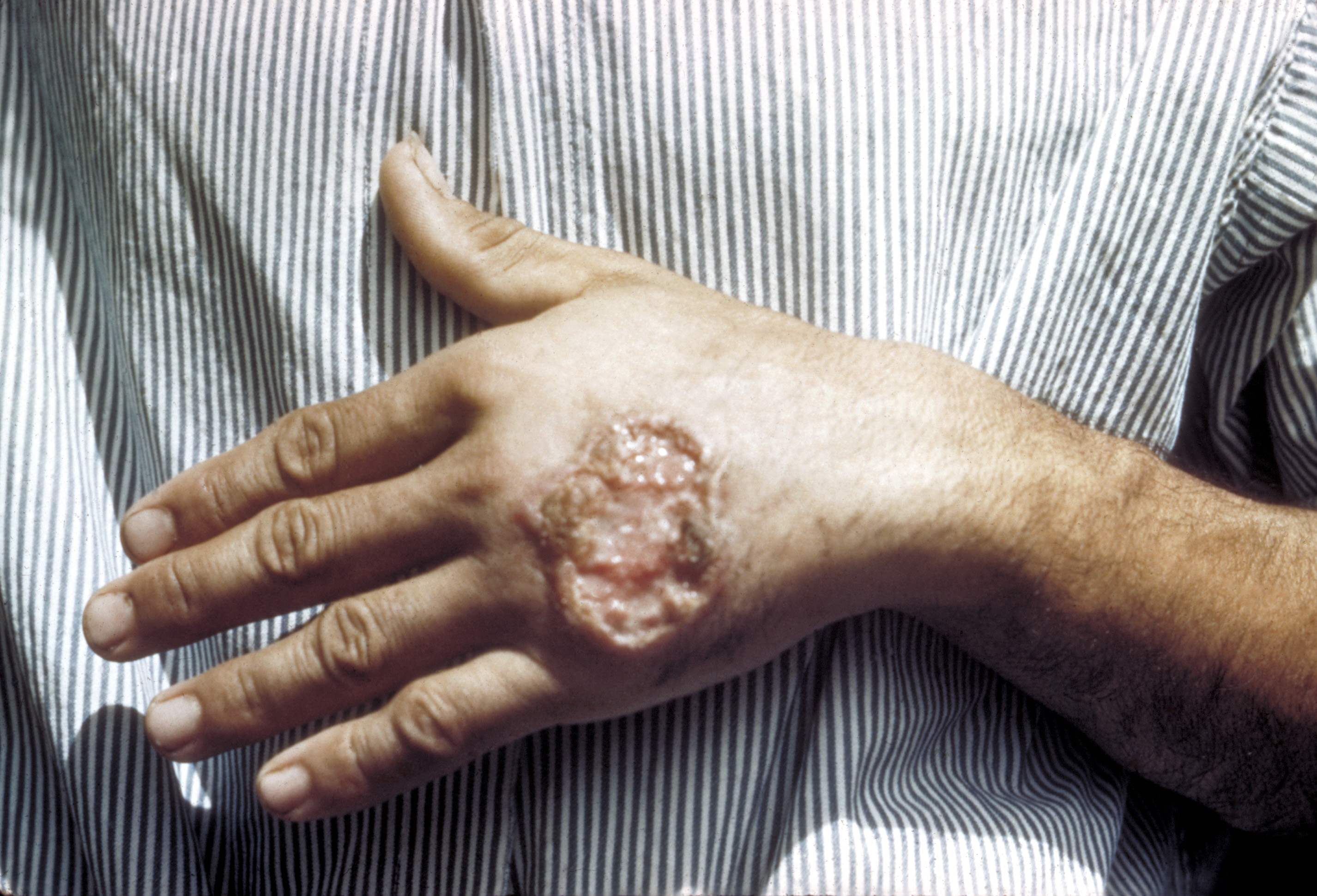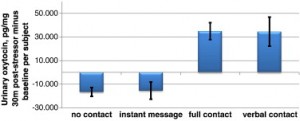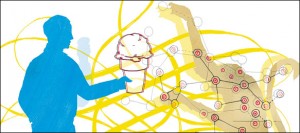During the exam season, most of us pack on the fat!
It is during the summer months that we participate in a strict diet to lessen the insulation around ourselves. Our loved ones try to prevent us from starving ourselves because extreme dieting is not a permanent cure to losing weight and can cause harm to our body.
However, this may not be true. Many of us might be unaware of the new study, Fasting can help protect against brain diseases, that shows fasting for regular periods of time can counteract the impacts of diseases, such as Alzheimer’s and Parkinson’s. Furthermore, the researchers at the National Institute on Aging in Baltimore explain that stopping all food intake can lessen the effects of such degenerative diseases.
Professor Mark Mattson, head of the Institute’s laboratory of neurosciences, explained that rats who had restricted food intake had an increase in their life span by about 40 percent, he believes that this would also be true for humans. Furthermore, Mattson along with his colleagues, takes this study further and explains that cutting food consumption, to about 500 calories per day for twice a week, can not only cure ill-health but can also prevent early death. Mattson also argues that fasting delays other conditions that might be affecting the brain, such as strokes.
Mattson suggests that decreasing your food intake is not the greatest method which would protect from degenerative diseases, but strong bursts of fasting and eating heavily are needed!
“Reducing your calorie intake could help your brain, but doing so by cutting your intake of food is not likely to be the best method of triggering this protection. It is likely to be better to go on intermittent bouts of fasting, in which you eat hardly anything at all, and then have periods when you eat as much as you want,” said Mattson.
Mattson and his colleagues have figured out a mechanism which explains that reducing energy intakes can increase the growth of the neurons. The reduction of calorie intake leads to a boost in amounts of cellular messaging chemicals and these specific chemicals allow the growth of neurons. The growth of these neurons counteract the effect of Alzheimer and Parkinson’s disease, according to Professor Mattson.
Moreover, Mattson’s model suggests that the growth of the neural cells is evolutionary because when our ancestors searched for food they had to recall where they had found the food previously. This would link periods of starvation and neural growth.
Although, this study provides some evidence which links starvation to a healthy brain, Mattson and his colleagues still need to answer why these neurons actually grow? Is there another factor which may be causing the growth of the neurons?
Well, aside from that, for the people who prefer to diet, this study provides a little ray of hope!!






















